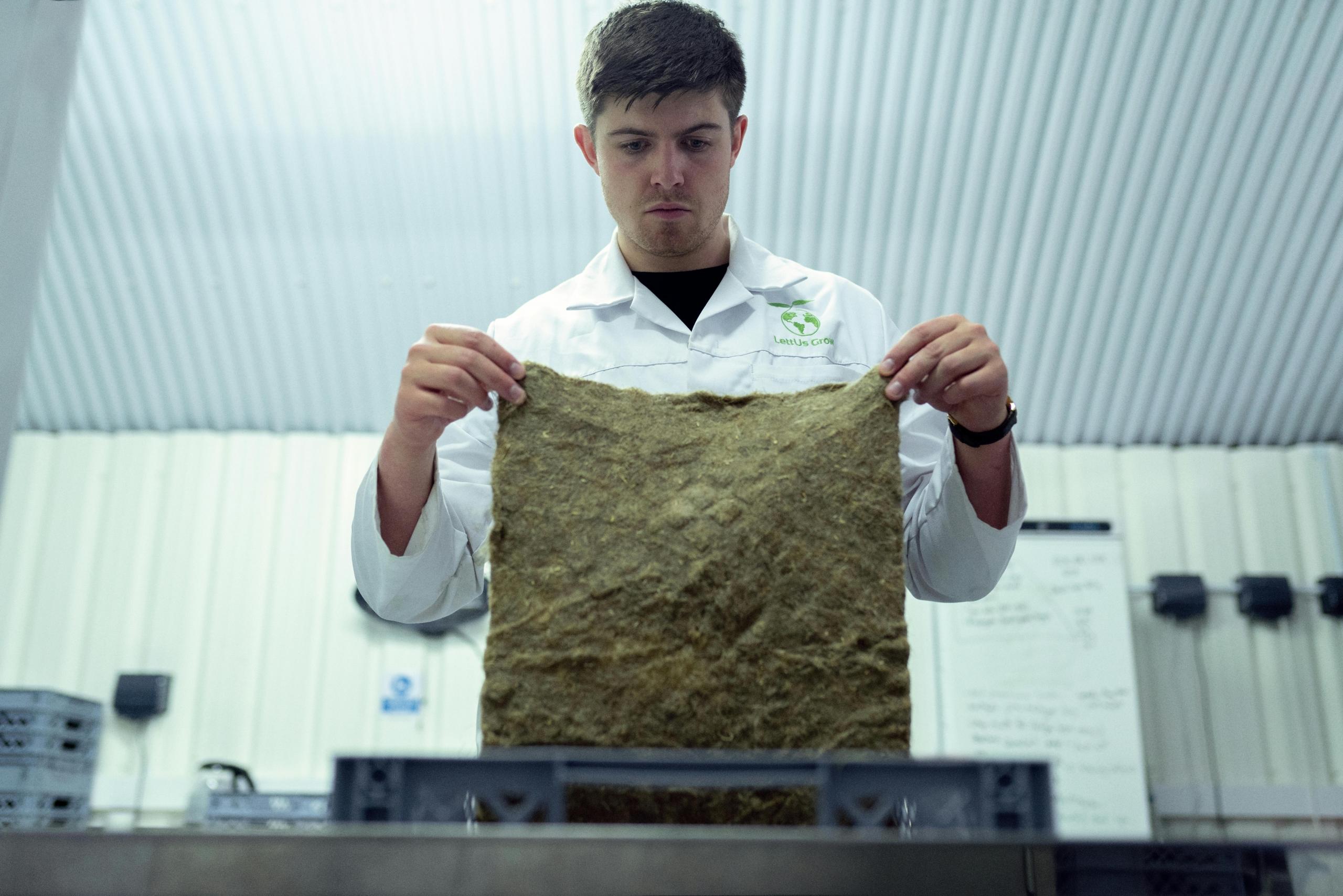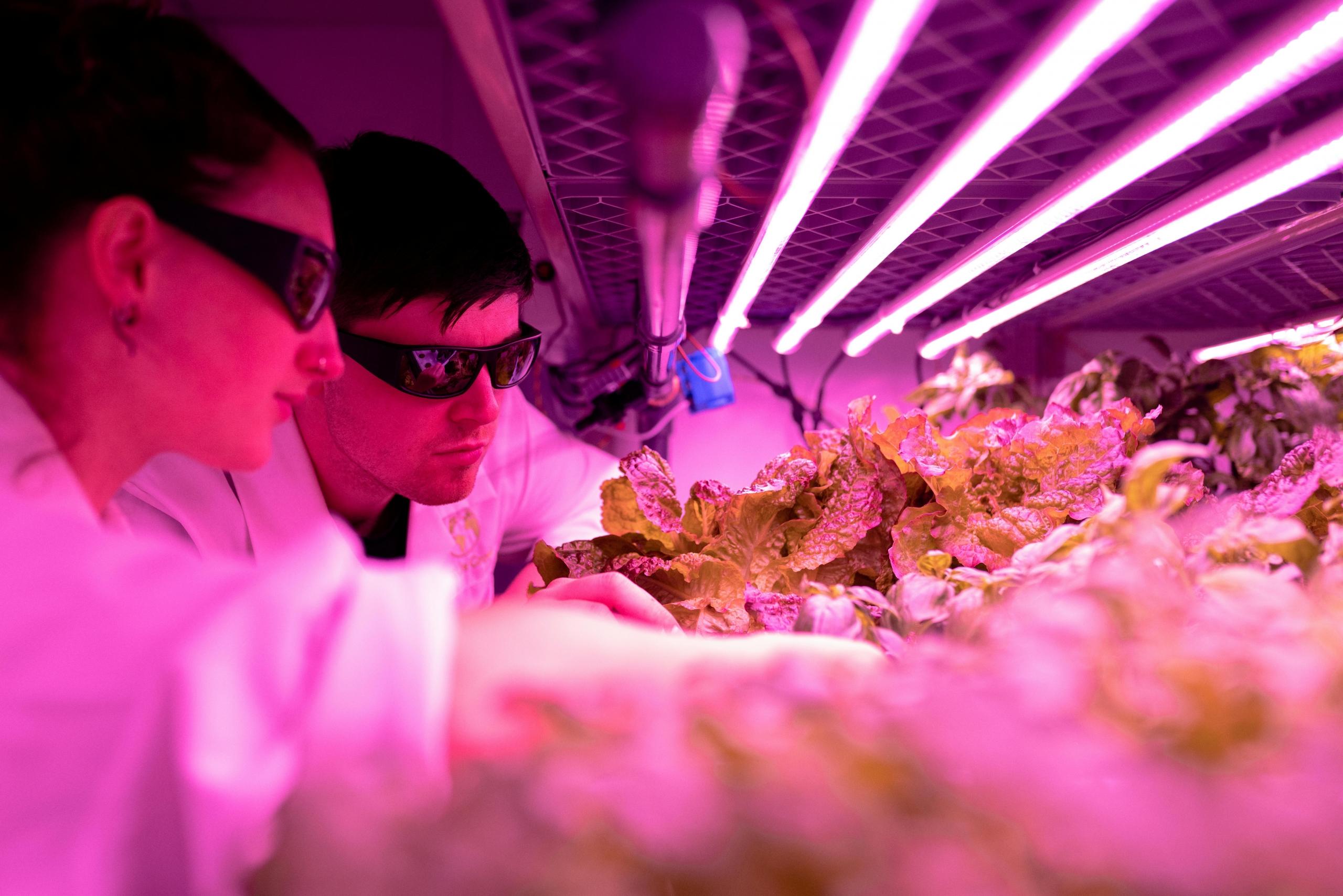The unsuspecting purchase of powdered milk and infant formula cut with melamine triggered a food-related scandal in China in 2008. This catastrophe led to over 50,000 hospitalised infants and tragically claimed the lives of 16 due to kidney damage caused by the contaminated products. This incident, along with a prior case in 2004 where a different Chinese maker altered infant milk powder, resulting in 12 deaths from malnutrition, highlights the critical need for food technologists.
Instances like these emphasise the pivotal role of food technologists in safeguarding public health. Their work significantly minimises the occurrence of such devastating events. The imperative to combat food fraud and protect lives is one of the reasons why the food sciences degree has become a worthy and important career of choice.
To pave the way, seeking opportunities to study food technology subjects to enhance one's education in the overall field of biochemistry has become paramount.
In this article, you will find out more about the education behind this important field including practical steps towards taking a food sciences degree or food science course in South Africa.

The All-Important Food Sciences Degree
There’s a lot more to being a food scientist than simply wearing the white coat and gloves. Instead, before you can even step into a food processing plant or laboratory, you will need the necessary credentials. Fortunately, in South Africa, various universities across the country offer a food sciences degree. In addition, you could do a food science course at other tertiary institutions.
In this article, we will look at food technology subjects in depth and how to find education paths to suit you.
Opting for a food nutrition and health degree will steer you towards jobs that involve public interaction – these could include careers as a dietician or nutritionist.
In addition, these credentials could allow you to work in food processing plants as a quality assurance specialist to ensure that manufacturing efficiency never compromises food quality.
Alternatively, a food sciences degree includes important food and health management principles in its curriculum. This will prepare you to oversee teams and maintain both food quality and safety.
If you are eyeing positions in food production plants where supervising technologists engage in food product development and testing, a standard food technology curriculum provides the perfect foundation. Here, a comprehensive food sciences degree can ensure that you have many options. It will grant you access to the entire spectrum of food technology subjects and help you unlock numerous opportunities.
At the undergraduate level, universities often integrate work-study programmes into a food sciences degree which allows students to gain practical experience. In addition, there's the option to seamlessly transition into a graduate programme that specialises in sustainable food analysis and research.
While enthusiasm might run high, not everyone necessarily has the bandwidth, resources, or inclination for graduate programmes. Nevertheless, in contrast to industries that allow direct entry post-graduation, food science demands hands-on experience before one is deemed fit for a position in the field. This practical experience serves as a significant stepping stone in the journey towards a successful career in food science.
A Word on National Diplomas

In South Africa, a National Diploma in Food Technology offers a comprehensive understanding of food science, production, and safety. This programme equips students with practical skills in food processing, quality control, and regulatory compliance. It covers subjects like food chemistry, microbiology, and engineering and prepares graduates for roles in food manufacturing, research, and development. With a focus on industry-relevant training, this diploma ensures proficiency in areas crucial to maintaining high food standards and innovation in South Africa's food industry.
Graduates often find opportunities as food technologists, quality assurance specialists, or in product development within the diverse food sector.
So, how much do you know about the role of a food technologist?
Gaining Experience Through Apprenticeship
Who wouldn't aspire to mirror the accomplishments of Leonardo da Vinci?
Regarded as history's most versatile talent, his apprenticeship under Florence's leading painter and sculptor certainly set a precedent. This tradition of apprenticeships, embraced by humans all over the world can be traced back to the 11th century and persists in South Africa today.
For those eyeing entry into the food sciences industry, an apprenticeship serves as a promising avenue. Working with food demands a structured programme that is guided by seasoned mentors. This is crucial not only for public safety but also for mastering the necessary skill set. These include numeracy, problem-solving, market awareness, food industry knowledge, product development, sensory evaluation, and laboratory comfort.
Such skills blend professional expertise with personal attributes and can be cultivated over time with a mentor's expertise in the science and industry of food. Fortunately, South Africa, unlike other nations lacking our apprenticeship legacy, offers abundant opportunities.
The Institute for Apprenticeships website is a prime resource to uncover these openings. Given the profound impact of food technology, wouldn't investing a couple of years to understand food science and all that it entails, be prudent - particularly before a career choice places the immense responsibility of human health on your shoulders?

While You’re Waiting …
Preparing for a tertiary education or career in food technology in South Africa demands a strategic approach. To embark on this path, a foundation in certain subjects, volunteer work, and apprenticeship opportunities are all helpful pursuits.
Firstly, focusing on certain core subjects during your high school years provides an excellent groundwork. These include mathematics, chemistry and biology, all of which are foundational to food technology subjects. These subjects cover the broader principles of food composition, reactions, and biological processes, all of which are integral to understanding food technology.
As you transition to tertiary education, for instance, a bachelor's degree programme in Food Science or Food Technology, you can expect to take up food technology subjects like food chemistry, microbiology, food processing, and engineering.
In summary, a comprehensive food science course covers food safety, quality control, processing techniques, and the scientific underpinnings of food systems. In addition, further study into areas like Nutrition Science and Food Engineering will deepen your expertise in these fields.
To supplement academic learning, consider engaging in volunteer work which offers invaluable hands-on experience. In South Africa, there are plenty of volunteering opportunities which vary between both urban and rural settings. Volunteering at food banks, community kitchens, or NGOs that focus on food security nurtures a practical understanding of food distribution, nutritional needs, and societal challenges.
There is no doubt that apprenticeships form an important bridge between education and industry. In South Africa, apprenticeships in food technology often align with the SETA (Sector Education and Training Authority) programmes. These initiatives collaborate with industries to offer apprenticeships in various food sectors. Securing an apprenticeship at food processing plants, research institutions, or quality assurance departments can impart practical insight into food production, quality control, and regulatory compliance.
Exploring internships at renowned food companies can further enrich the experience. Brands like major food manufacturers, laboratories, or governmental food agencies often offer internships. These stints provide exposure to industry standards, research methodologies, and real-world applications of food technology.
Like most industries, the value of networking with peers and mentors is also powerful. For instance, consider engaging with professional bodies like the South African Association for Food Science and Technology (SAAFoST). Joining such organisations builds important connections with industry experts, while workshops, and seminars develop career growth and knowledge exchange too.
Furthermore, staying updated with industry trends through publications, conferences, and workshops amplifies expertise. Online courses, certifications, and workshops complement formal education and can enrich knowledge in specialised areas within food technology.
Finally, developing soft skills like problem-solving, communication, and teamwork is vital. In a field like food technology, where innovation and collaboration drive progress, these skills complement technical expertise.
In essence, a robust foundation in relevant subjects, hands-on experience through volunteering and apprenticeships, active involvement in industry-related organisations, continuous learning, and nurturing essential soft skills will adequately prepare you for a successful tertiary education and career in food technology in South Africa.
Summarise with AI















